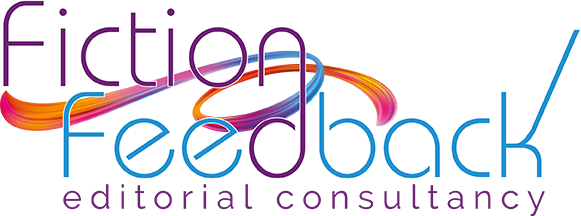25 Mar Approaching an Agent
Identify an agent who represents authors who write novels in the same genre as yours. One easy way to do this is to identify novels which share similarities to yours on the bookshelves and check the acknowledgements. An author almost always thanks their agent.
Then check out the agency’s entry in Writers’ & Artists’ Yearbook, and especially their website for up-to-date info: are they open to submissions and what are they looking for right now.
Then study carefully how they want the approach to be made. Every agent is different: one size does not fit all, both regarding what content they ask for and how they want it presented. And an agency’s personnel and requirements can change, so check again before you actually submit.
Tip: once you’ve identified an agent who you think might be interested in representing you, follow their individual instructions for submissions.
Every agent has different submission requirements. Do follow them.
Tip: Sometimes you might have more success through being introduced to an agent at an event such as a literary festival or talk.
If you do get such an opportunity, try to establish if they’d be interested in a submission, and get their email address. Then in your covering email, make sure you courteously remind them of where you met and that they suggested you send your stuff. This approach can mean:
- They will look at your submission even if officially they’re closed to submissions;
- If that agent is on holiday or has left, another agent is more likely to take a look;
- They will look at your submission with more interest than a speculative one from someone they don’t know.
Fiction Feedback hints for impressing an agent
- Get their name exactly right. Don’t use first names in the first instance; show respect. If it’s a woman and you don’t know if she uses Mrs, use Ms as the honorific. Don’t use sir or madam; you need their name. Spell the surname right;
- Be concise and business-like;
- Do not make any spelling or grammar errors in your email or covering letter (or indeed any other part of your submission);
- Always be respectful and courteous;
- Never make threats (e.g. ‘you’ll regret it if you don’t take me on’) or extravagant promises (e.g. ‘I’m the next J K Rowling’);
- Remain professional in your approach at all times and remember agents are the ones who can help you.
But do you need an agent?
Increasingly we’re seeing the growth of small publishers who welcome unagented writers. They are often digital publishers, so your book, if published, could well be an ebook only. Some publishers also produce printed books, but as POD – they won’t be on the shelves in Waterstones (unless you take them to your local store and work your charms) but can be ordered by Waterstones or any other bookshop. Otherwise, their predominant market is Amazon.
However, agents can do wonderful things.
- Get you good deals with the larger publishers such as Harper Collins, PRH or Pan Macmillan.
- Get you into foreign markets. This can be lucrative.
- Get you onto other platforms such as audio and possibly help with film and TV too.
- Prevent you making costly mistakes over contracts, especially with rights.
The world of publishing is complex and getting more so every day. Inform yourself as best you can.
DP
2020


